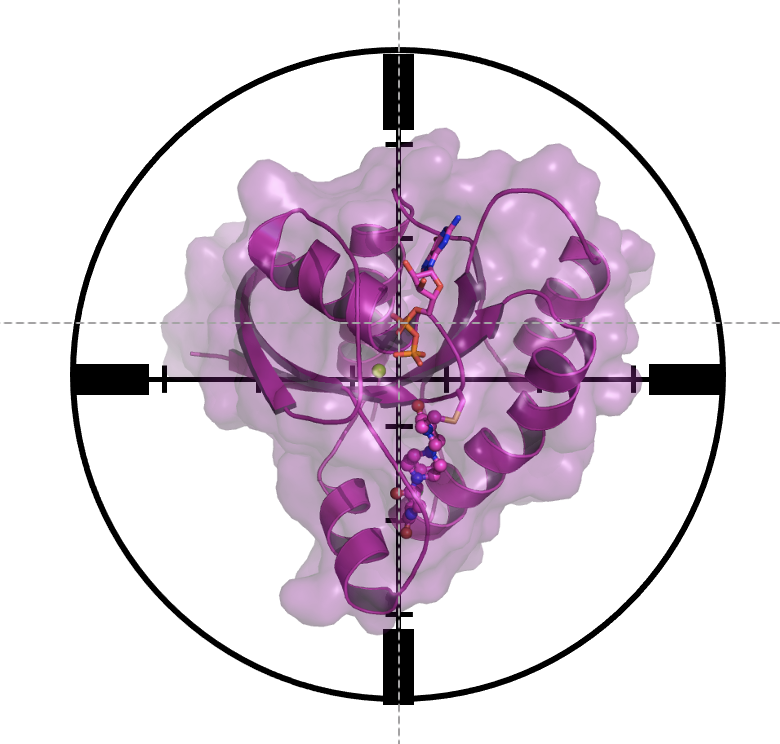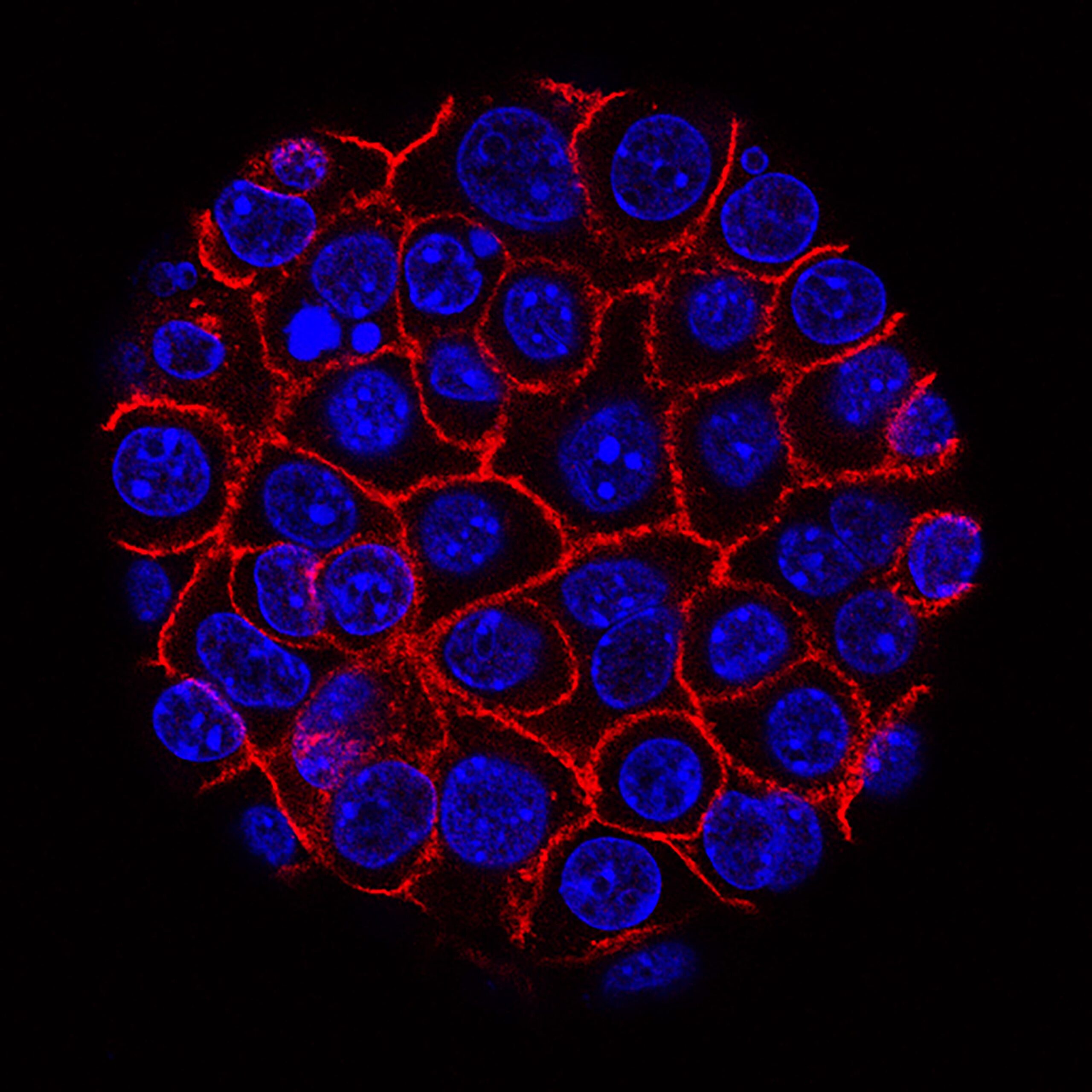
Researchers at UNC Lineberger Comprehensive Cancer Center and colleagues have established the most comprehensive molecular portrait of the workings of KRAS, a key cancer-causing gene or “oncogene,” and how its activities impact pancreatic cancer outcomes. Their findings could help to better inform treatment options for pancreatic cancer, which is the third leading cause of all cancer deaths in the United States.
The research was published as two separate articles in Science.
“Because less than 40% of pancreatic cancers respond to treatment with KRAS inhibitors, if we can establish molecular markers to predict which patients will respond, we can better provide them with specific treatments, which should improve their outcomes,” said UNC Lineberger’s Channing J. Der, PhD, Sarah Graham Kenan Distinguished Professor at UNC School of Medicine’s Department of Pharmacology and a corresponding author of both articles. “From diagnosis to death, the average pancreatic cancer patient treated with chemotherapy lives 6 to 12 months, so there’s a very limited time to offer a treatment which will work.”

KRAS is one of the most commonly mutated genes in human cancers and it is found in more than 90% of pancreatic cancer tumors. Exactly how it spurs cancer growth, however, is poorly understood. That’s why UNC Lineberger researchers embarked on their extensive efforts to figure out what other genes and proteins make KRAS expression so lethal.
They demonstrated, in the most detailed analysis to date, that the molecular pathway most responsible for the cancer-driving functions of KRAS is highly dependent on a protein called ERK that has dual functions in regulating which genes are expressed and which proteins are active. While ERK has been one of the most intensively studied cancer pathways, and it is well-established that ERK is among the significant players in KRAS function, its relative importance and precisely how ERK carries out its role have been unclear.
Indeed, a core finding of the Science papers was that activation of the ERK protein alone is the key driver of resistance to drugs that inhibit KRAS. Taking advantage of improved methods to study cellular signaling, the researchers demonstrated that the ERK protein regulates the expression of a remarkably complex array of thousands of genes and changes the activity of thousands of proteins. Excitingly, the researchers confirmed that their findings in cancer models could accurately reflect responses in patients treated with ERK and KRAS therapies for their pancreatic, colorectal and lung cancers.

Currently, two KRAS drugs have been approved for cancer treatment, and many more are currently being evaluated in ongoing clinical trials. In related studies, Der and colleagues contributed to two articles published in Nature in April about a promising anti-KRAS drug that is effective against many different KRAS mutations. They found that the MYC oncogene can cause resistance to KRAS therapies. Closing the circle, the new Science papers established that MYC is a significant component of how KRAS and ERK support cancer growth and a driver of resistance to KRAS and ERK therapies.
“Our next steps are elucidating more aspects of basic and foundational research regarding KRAS,” said Der, who is a member of the UNC Lineberger Pancreatic Cancer Center of Excellence. “We will continue to mine the growing body of scientific knowledge we have developed, with the ultimate goal of helping advance the clinical development of newer and better KRAS inhibitors.”
Authors and disclosures
In addition to Der, Jeffrey A. Klomp, PhD, assistant professor of pharmacology at UNC Lineberger and UNC School of Medicine, was the co-corresponding author of the article “Defining the KRAS- and ERK-dependent transcriptome in KRAS-mutant cancers.” Clint A. Stalnecker, PhD, assistant professor of pharmacology at UNC Lineberger and UNC School of Medicine, was the co-corresponding author of the article “Determining the ERK-regulated phosphoproteome driving KRAS-mutant cancer,” and Jennifer E. Klomp, PhD, a postdoctoral research associate at UNC Lineberger, was first author.
A complete list of authors, their disclosures and funders of support of the research is published in the papers.
Media contact: Bill Schaller, bill_schaller@med.unc.edu, (617) 233-5507
